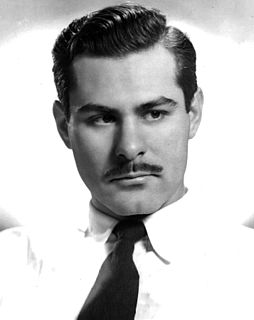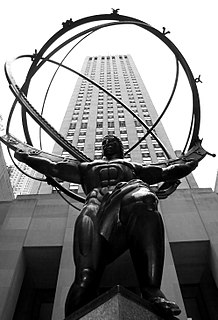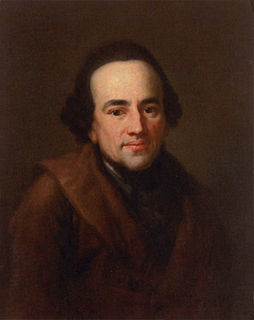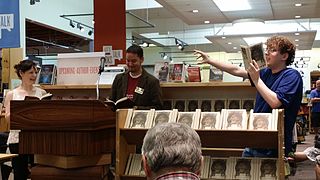A Quote by Sam Wanamaker
What could be more fitting - or more exciting - than to restage Shakespeare's plays on the very spot where they were first performed, in the shape and style of theater for which they were written?
Related Quotes
The Globe is a missing monument. There's no existing example of a theater from Shakespeare's time. You have Roman theaters, Greek theaters, all kinds of theaters, but none in which the plays of Shakespeare, Ben Jonson and Marlowe were performed. Scholars feel that it would be of immense value to have one.
When I was doing Shakespeare and I had spent a lot of time and effort in trying to become a great Shakespearean actress. That was how I started my career, was in the theater doing Shakespeare. And my ambition was to be a great classical actress. That was what I wanted more than anything. So, I really pursued that in the first four years of my career. And it was an uphill struggle. It really was. Shakespeare's difficult and Shakespeare in a big theater is even more difficult. So, anyway, it was a struggle for me.
I changed my writing style deliberately. My first two novels were written in a very self-consciously literary way. After I embraced gay subject matter, which was then new, I didn't want to stand in its way. I wanted to make the style as transparent as possible so I could get on with it and tell the story, which was inherently interesting.
I think American actors are much more intimidated by Shakespeare. I actually want to do this Shakespeare play in New York, but I think it's interesting that there's this gaping hole in the repertoire in the American theater, which is Shakespeare. It's hardly ever done, compared to how often it's done in other companies, not just Britain. Someone from the Roundabout Theater Company - I said, "You never do Shakespeare." And he said, "Yes, we're not very good at it." And I thought, "What a terrible thing to say.".
I seemed to have instinctually a strong idea of how the strip had to be written from the beginning. That changed too, but it was more in the direction of where it was headed. I didn't have a clue as to the drawing style, because the drawing style that I was groomed on from the beginning was newspaper comic strips, which were much more conventional.
Is it a coincidence that stories from the private life became more popular just as the grand hope for public redemption through revolution was beginning to sour? I witnessed a similar shift in taste in my own time. In the 1960s, while a hopeful vision of a just society arose again, countless poems and plays concerning politics and public life were written, read, and performed. But after the hope diminished and public life seemed less and less trustworthy, this subject was less in style.
The Beatles realized that what they were making in the studio could never be performed. And they had already given up on performing because there were too many screaming fans and they were playing in larger and larger venues so they couldn't even hear what they were playing, it just wasn't any fun any more.
When we were making it [Star Wars], none of the effects were in. So the first time, I thought it was, you know, that - I mean, we were surrounded by English crew members that could hardly keep themselves together. They were, "Here comes the guy in the dog suit." They made fun of us, which was OK. But the first time I was sitting in a theater, and I saw all the effects in, and the big ship flew over the audience, and the sound rumbled, I pretty much thought we were close to home.
Our songs were not written to be listened to in headphones or on the radio. They were written to be played. All of the little infinite detail that went into the arrangements and giving ourselves lots of breathing room in terms of playing what we wanted to play and using up any ideas that we had - all of those were conceived to be performed.



































